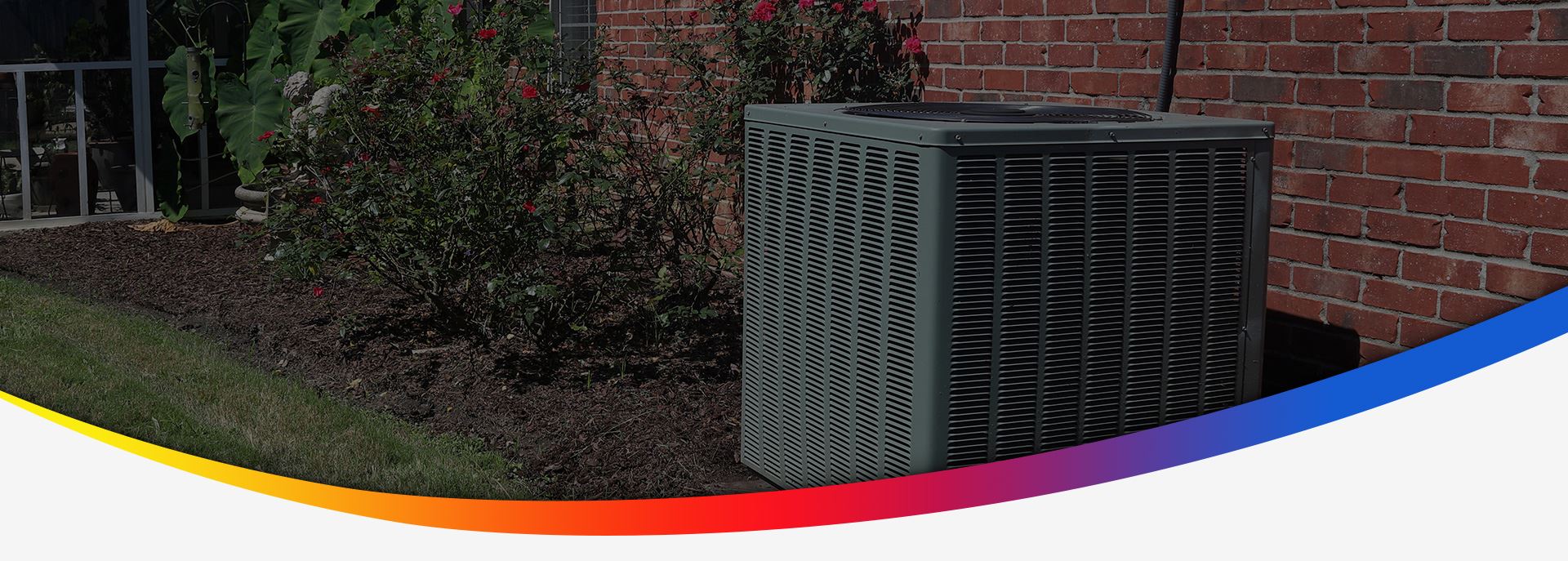As the scorching summer heat hits Memphis, ensuring your AC unit is in optimal condition becomes crucial. Understanding the lifespan of your AC unit and knowing how to prolong its longevity can save you from unexpected breakdowns and costly repairs. In this blog post, we will provide you with valuable insights and practical tips to help you determine the lifespan of your AC unit and maximize its efficiency.
Average Lifespan:
On average, a well-maintained air conditioning unit can last anywhere from 10 to 15 years. However, several factors can affect its lifespan, including usage, maintenance, and the quality of the unit itself. AC units that receive regular maintenance and servicing tend to have a longer operational life.
Usage and Maintenance:
The frequency and intensity of AC usage have a significant impact on its lifespan. Units that are heavily used, particularly in hotter climates, may experience more wear and tear, resulting in a shorter lifespan. Routine maintenance, such as cleaning or replacing filters, checking refrigerant levels, and inspecting electrical components, is crucial to ensure optimal performance and extend the unit's lifespan.
Quality and Installation:
The quality of the AC unit and the expertise involved in its installation are vital considerations. Investing in a reputable brand and choosing a unit that is appropriately sized for your space can significantly impact its longevity. Improper installation can lead to performance issues, reduced efficiency, and premature wear and tear.
Climate and Environment:
The local climate and environmental conditions can influence the lifespan of an AC unit. Regions with extreme temperatures, high humidity, or dusty environments may place additional stress on the system, leading to faster deterioration. Regular cleaning and maintenance, such as clearing debris from the outdoor unit and protecting it from exposure, can help mitigate these factors.
Maintenance Tips to Prolong Lifespan:
To maximize the lifespan of your AC unit, consider the following maintenance tips:
- Regularly clean or replace air filters to ensure efficient airflow.
- Keep the outdoor unit clear of debris, vegetation, and obstructions.
- Schedule professional maintenance and tune-ups at least once a year.
- Maintain adequate insulation and seal any air leaks to reduce strain on the unit.
- Avoid placing heat-generating appliances near the thermostat to prevent unnecessary cooling cycles.
- Monitor and maintain proper refrigerant levels.
Signs of a Failing AC Unit:
Recognizing the signs of a failing AC unit can help you take prompt action. Look out for indicators such as reduced cooling performance, unusual noises, frequent breakdowns, and rising energy bills. If your unit is nearing the end of its lifespan or experiencing significant issues, it may be more cost-effective to replace it rather than continuing to repair it.
If you require professional assistance or have any concerns about your AC unit, AirMasters Air Conditioning & Heating is here to help. Contact us today for expert advice and reliable services.
